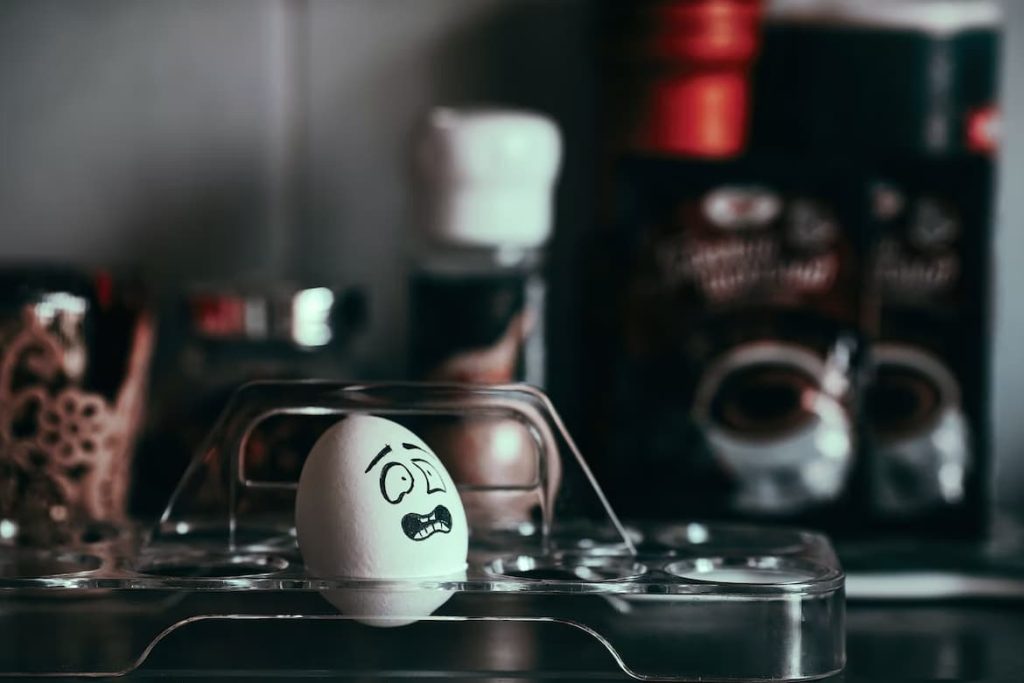Everybody experiences difficult situations in their lives. Sometimes, we can manage to get through them on our own. Other times, we might need a little help from a professional.
If you are experiencing psychological problems and you’re not sure if you should seek professional help, read on! In this blog post, we will discuss the signs that it might be time for you to see a mental health professional.
Table of Contents
Consider Consulting A Facility
If you are feeling like your problem is bigger than you can handle or if it is starting to affect other areas of your life, then it might be time to seek professional help.
If you have been thinking about harming yourself or someone else, this is definitely a sign that you need to get some help from a professional.
When it comes to mental health treatment, there is no shame in admitting that you need help. In fact, it takes a lot of strength to seek out professional help when you are struggling.
If you are unsure about whether or not you should seek professional help, consider talking to your doctor or another trusted individual about your concerns.
When You Start Feeling Overwhelmed
When you start feeling overwhelmed, it’s a good idea to seek professional help. Everyone has different breaking points, but if you’re starting to feel like your coping mechanisms are no longer working, it’s time to get some help. A therapist can help you work through your problems and develop new coping skills.
You don’t have to wait until you’re in crisis to seek help; if you’re starting to feel like your mental health is deteriorating, it’s better to seek help sooner rather than later. When you require assistance, don’t be reluctant to ask for it.
When Your Mental Fatigue Becomes Too Much
We all experience mental fatigue from time to time. It’s normal to feel overwhelmed, stressed out, and exhausted mentally. However, when your mental fatigue becomes too much to handle and starts impacting your daily life, it may be time to seek professional help.
If you’re struggling to cope with mental fatigue, here are some signs that it may be time to seek help from a professional:
- You’re struggling to complete everyday tasks
- You’re feeling hopeless and helpless
- You’re having trouble concentrating or focusing
- You’re withdrawing from activities you once enjoyed
- Your sleep patterns are off (sleeping too much or too little)
- You’re experiencing changes in your appetite
- You’re feeling agitated or irritable
- You’re experiencing unexplained physical symptoms, such as headaches or stomachaches
If you’re experiencing any of these signs, it’s important to reach out for help. A professional can assess your situation and provide you with the resources and support you need to cope with mental fatigue. Don’t try to tough it out on your own – seek help from a professional if you’re struggling to cope.

When You Are In Disproportionate Rage
If you find yourself in a disproportionate rage more often than not, it might be time to seek professional help. Rage is a very powerful emotion and when it’s out of control, it can lead to serious problems both for the individual and those around them.
If you find that your anger is impacting your work, relationships, or daily life in a negative way, it’s important to seek help from a professional who can assist you in learning how to manage your anger in a healthy way. Trust your gut on this one- if you feel like you need help, there’s a good chance that you do.
When You Withdraw From Social Gatherings
When you begin to feel like you no longer want to attend social gatherings, it may be a sign that something is wrong.
If you used to enjoy going out with friends but now find yourself making excuses not to go, it could be a sign of depression or anxiety. It’s important to pay attention to these changes in your behavior and take action if you feel like you need help.
If you’re not sure whether or not you should seek professional help, talking to a trusted friend or family member can be a good first step. They may be able to offer some insight into what’s going on with you and help you make a decision about whether or not seeking help is the right choice for you.
If you’re still not sure, there are many online resources that can help you assess whether or not you may be experiencing symptoms of a mental health disorder. These resources can provide more information about what to look for and how to get help if you need it.
If you feel like your mental health is deteriorating, it’s better to seek help sooner rather than later. Trust your instincts, and don’t be afraid to ask for assistance if you think you need it. There are many resources available to help you get the assistance you need. Trust your instinctual feelings, and don’t be embarrassed to seek help if you feel you need it. Remember, you’re not alone.




